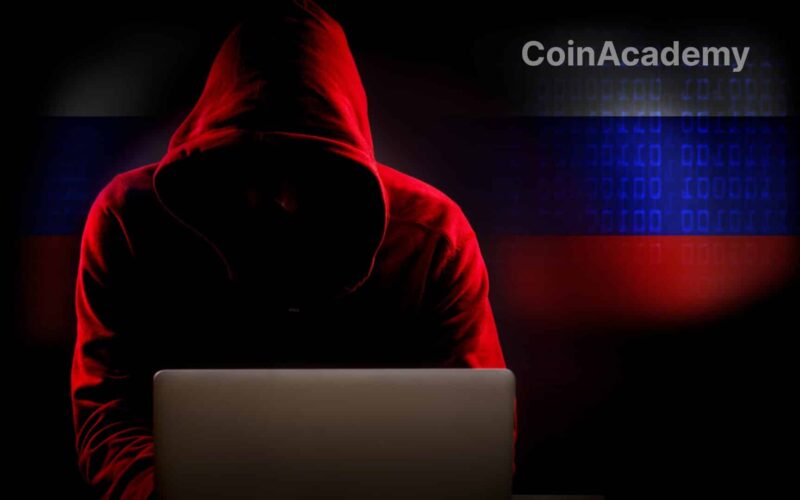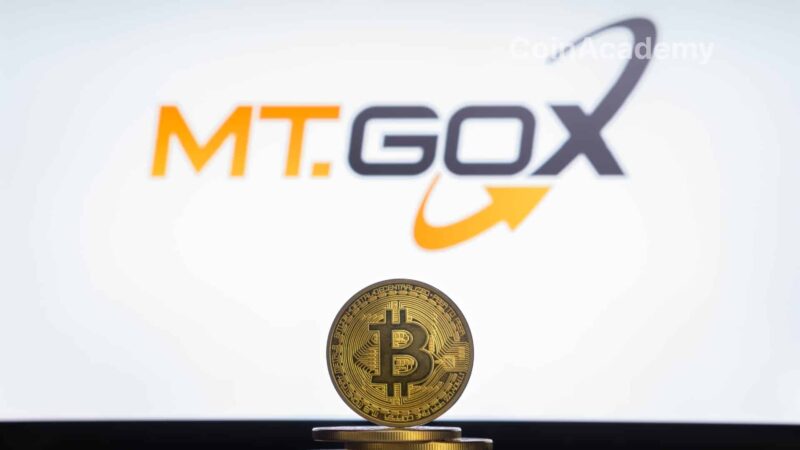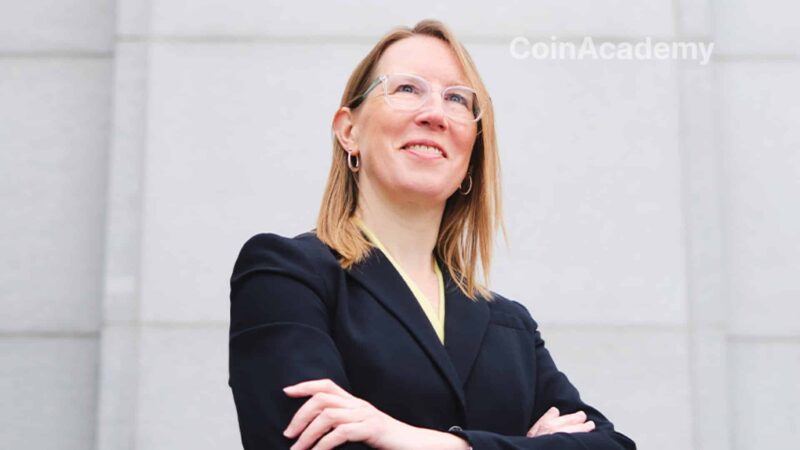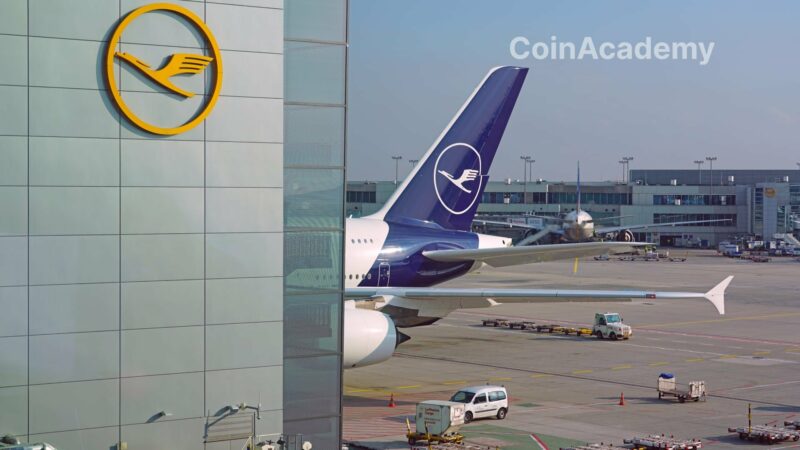The Arrest of Pavel Durov Sparks Coordinated DDoS Attacks on French Government and Educational Websites in Protest
A series of coordinated attacks by Russian hacktivists targeting various French government and educational websites has been launched in response to the arrest of Telegram founder Pavel Durov in France under the operation #FreeDurov.
Despite the disruptions caused by the DDoS attacks, most of the affected sites were quickly brought back online, while French authorities insisted that Durov’s arrest was the result of an independent judicial investigation, not a political decision.
Context of Pavel Durov’s Arrest
Pavel Durov, renowned for founding the encrypted messaging platform Telegram, was arrested on August 24, 2024, upon his arrival at Le Bourget Airport in Paris on a private jet from Azerbaijan. His arrest was carried out under a warrant accusing Telegram of involvement in serious criminal activities such as money laundering, drug trafficking, and even terrorism support.
No formal charges were filed against him at the time of his arrest, but this event sparked massive outrage, not only among his supporters but also within the global tech community.
Reactions from Hacktivists: Operation #FreeDurov
In response to Durov’s arrest, a collective of Russian hackers called the Russian Army Cyber Team launched a series of DDoS attacks against French sites under the hashtag #FreeDurov. Main targets included institutions such as the European Court of Human Rights, the French National Agency for Medicines and Health Products Safety (ANSM), and various regional and national public service websites. Although disruptive, these attacks had limited impact, as most of the affected sites were quickly restored online through DDoS protection.
The collective was also joined by other hacktivist groups, including RipperSec, a pro-Palestinian group based in Malaysia, which targeted several French universities and educational institutions. In a statement on Telegram, the leaders of these groups justified their actions as a response to what they perceive as an infringement on online freedom of expression, accusing France of playing with fire by arresting Durov.
A Mixed Response from French Authorities
French authorities, while discreet about the details of Durov’s arrest, confirmed that it was part of an ongoing judicial investigation. French President Emmanuel Macron addressed the situation to dispel what he described as “misinformation” circulating on social media. He insisted that Durov’s arrest was not a political decision but entirely within the judicial domain.
In an announcement released on August 26, French prosecutors stated that Mr. Durov was placed in police custody as part of an ongoing judicial investigation against unidentified perpetrators for complicity in illegal activities, refusing to cooperate with authorities, money laundering, association of wrongdoers, and providing cryptography services without prior declaration. Authorities indicated their intention to question the Telegram founder as part of this investigation and extended his police custody from August 25 to August 28.
Despite assurances from the French government, Durov’s arrest has faced extensive criticism from numerous figures in the tech industry, including Elon Musk, Justin Sun, and Vitalik Buterin, who view it as an attack on fundamental rights of freedom of expression and association.




